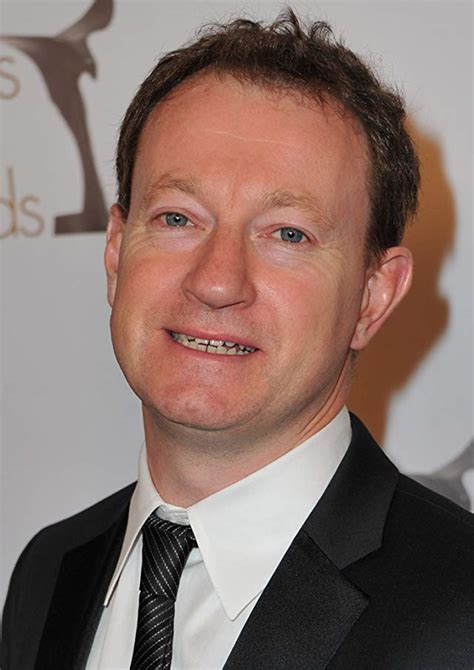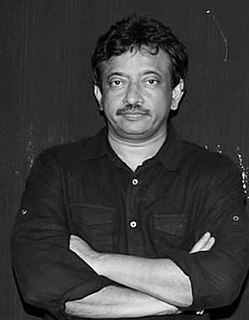A Quote by Saul Bass
I saw the title as a way of conditioning the audience, so that when the film actually began, viewers would already have an emotional resonance with it.
Related Quotes
My initial thoughts about what a title can do was to set mood and the prime underlying core of the film's story, to express the story in some metaphorical way. I saw the title as a way of conditioning the audience, so that when the film actually began, viewers would already have an emotional resonance with it.
The celebrated film critic Pauline Kael once wrote that movies function as escape pods, portals to parallel universes that can be radically different from emotional norms and societal conditioning of our own. What she meant was they parceled out freedom, allowing viewers to lose their selves in an effort to find greater connection to the self.
'Hoop Dreams' brought us back to our roots in veríté filmmaking. What we saw in the powerful emotional scenes within it - at nearly three hours long and with no star power - was an outreach to a different and more important audiences. There were the similarly involved folks who saw it that were part of the struggle, but there was also a new audience that weren't empathetic or sympathetic to the people we were portraying. They would never watch a film about inner city families, but they watched 'Hoop Dreams.'
The thing is, in the WWE, we have the WWE title, the World title, the United States title, the Intercontinental title, the Divas title, the Tag Team titles. And I feel like, in this business, when Mr. Perfect had that Intercontinental title, that was the belt we saw as the stepping stone to becoming 'the man.' The franchise of the WWE.
Silence Of The Lambs? is a ?fantastic? film. It's a horror film, and it's an incredibly well-told film that is about point of view in such a unique way. The way that film is shot, the way the eyelines are so close, if not directly into camera, betrays an intimacy with the characters and the audience.
I wanted to make a film that wasn't just a biography. When you watched it, you actually felt that you watched a movie, that you had an emotional reaction. In order to do that, I felt that I had to really keep myself emotionally raw while working on the film. I had to feel myself crying, so the audience could be moved, too.
It was eerie. I saw myself in that machine. I never thought my work would come to this. Upon seeing a distorted image of his face, reflected on the inside cylindrical surface of the bore while inside an MRI (magnetic-resonance-imaging) machine-a device made possible by his early physical researches on nuclear magnetic resonance (1938).







































